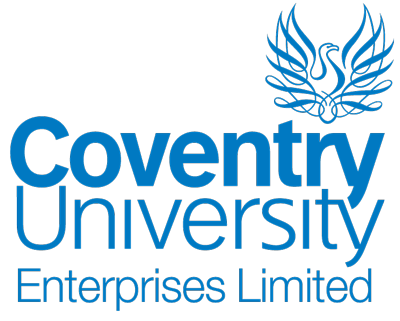Tomorrow’s practice, the future is now!
Just like the internet and smartphones changed the face of our planet, these new emerging technologies promise to revolutionise the way we work and engage with learning
In a few years time, professionals will gear up with an ‘extra cranial direct current stimulation helmet’ to enhance concentration and mental focus with the aim to absorb knowledge in one hour instead of sitting for a whole day in an update course or conference. They will then be able to spend more time networking and interacting with their peers. The day will be punctuated by optional meditation sessions to prepare for a learning session using biofeedback devices for optimisation.
In their daily practice, doctors will use AI-enabled software assistants who will take history from the patient while picking up facial communication clues and vital observations before it’s decided whether the patient needs to see the doctor at all. The doctor’s intervention will consist of a simple oversight of the digital assistant work with the ability to override decisions correct diagnoses and make therapeutic decisions from which the AI assistant will learn and get better with time, meaning that doctors interventions will grow more and more light touch and reserved to cases where human interaction is paramount or ads value to the case.
Sounds like Sci-fi? Well, a lot of this is already here! And it is only a matter of time before if filters to all of us. DARPA, the American Defence Advanced Research Projects Agency which is credited for laying the groundwork for the internet, GPS and Siri is leading research on Targeted Neuroplasticity Training (TNT) using non-invasive neurotechnology to boost the neurochemical signaling in the brain that mediates neuroplasticity and facilitates long term retention of new cognitive skills. The aim is to help soldiers significantly reduce the time they spend to learn a foreign language or improve marksmanship skills, etc. In 2013 Snowball et al from Oxford published a paper suggesting long term enhancement of maths skills in subjects using cognitive training and brain stimulation. Biofeedback devices using EEG to enhance meditation like MUSE2 can already be purchased in the open market and evidence that mindfulness meditation can improve focus and attention is piling up in peer-reviewed neuroscience journals.
Companies like Babylon are already harvesting the power of AI and developing interfaces to take a history from patients and formulate differential diagnoses with a level of accuracy matching if not surpassing that of experienced doctors, the company claims. In June 2018 a GPonline article read:’Babylon’s AI outperforms average GP in MRCGP exam’.
Just like the internet and smartphones changed the face of our planet, these new emerging technologies promise to revolutionise the way we work and engage with learning. Biofeedback devices may never become mainstream but I believe the use of AI-assisted medicine is certainly becoming a reality and there is concern about the polarised ownership of this tech by a limited number of companies and the uneven plainfield this is creating. More needs to be done to ensure all medics have access to it to avoid unfair competition.
Amine Boughellam
GP Partner and Co-Founder, SimplyCPD.
You may also be interested in...
Our latest courses
13 Goldhill Road
Leicester,
LE2 3LE


